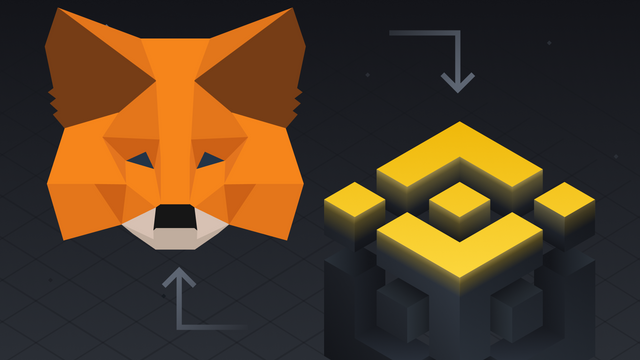
Cryptocurrency wallets have evolved into indispensable tools for individuals immersed in the realm of digital assets. MetaMask, an Ethereum-based wallet, has surged in popularity, thanks to its user-friendly interface and robust features. If you're eager to develop a cryptocurrency wallet akin to MetaMask, you're in the right place. In this comprehensive guide, we will walk you through the process of crafting your cryptocurrency wallet from the ground up.
Prerequisites:
Before embarking on your development journey, several prerequisites warrant your attention:
Programming Skills: A solid grasp of web development technologies, particularly JavaScript, HTML, and CSS, is essential. Familiarity with blockchain and Ethereum is advantageous.
Development Environment: Configure your development environment with essential tools such as Node.js and Git.
Solidity Knowledge: If your wallet targets Ethereum or Ethereum-based tokens, a familiarity with Solidity, the Ethereum smart contract language, is beneficial.
Security Awareness: Security holds utmost importance in cryptocurrency development. Be well-versed in the best practices of secure coding.
Step 1: Choose Your Blockchain
Determine which blockchain your wallet will support. Ethereum is a popular choice owing to its extensive ecosystem and developer-friendly ambiance, but you can opt for alternatives like Binance Smart Chain, Solana, or others.
Step 2: Set Up Your Development Environment
Ensure that you have Node.js and npm (Node Package Manager) installed. These tools facilitate dependency management and project execution.
Step 3: Create a Frontend
MetaMask's allure is partially attributed to its user-friendly interface. You will need to craft a frontend using HTML, CSS, and JavaScript. Leveraging frameworks like React or Vue.js can expedite development.
Step 4: Implement Wallet Functionalities
This phase is where the enchantment occurs. You will be required to incorporate wallet functionalities, including:
Account Creation: Enable users to create cryptocurrency wallets.
Account Management: Grant users the capability to oversee their accounts, encompassing the import and export of private keys and mnemonic phrases.
Balance Checking: Develop the capacity to check account balances.
Sending and Receiving Cryptocurrency: Empower users to send and receive digital assets.
Step 5: Connect to a Blockchain
Integrate your wallet with your chosen blockchain. Interact with the blockchain to retrieve account balances, initiate transactions, and monitor network activity.
Step 6: Secure Private Keys and Mnemonics
Security is non-negotiable. Ensure that private keys and mnemonic phrases are stored securely using encryption techniques.
Step 7: Testing
Conduct comprehensive testing to uncover security vulnerabilities and usability glitches. Contemplate deploying on a testnet before the mainnet launch.
Step 8: Documentation
Produce user-friendly documentation and guides to help users grasp your wallet's features and functions.
Step 9: Deployment
When you are confident in your wallet's security and functionality, deploy it to the mainnet or your chosen network.
Step 10: Community Engagement
Building a vibrant community around your wallet is pivotal for its success. Engage with users, gather feedback, and continuously enhance your wallet to align with their evolving needs.
Conclusion
Creating a MetaMask cryptocurrency wallet is a complex and demanding endeavor, yet it promises immense rewards. With dedication, meticulous attention to detail, and an unwavering commitment to security, you can develop a wallet that allures users and becomes an indispensable asset in the cryptocurrency landscape. Best of luck with your project, and keep in mind that the blockchain and cryptocurrency realm is ever-evolving, so stay updated and continually refine your wallet to meet the evolving needs of the community.